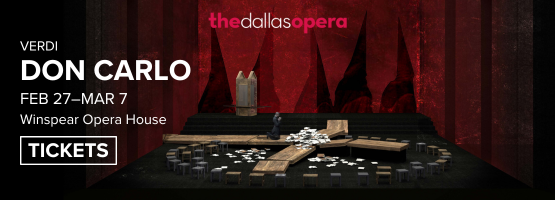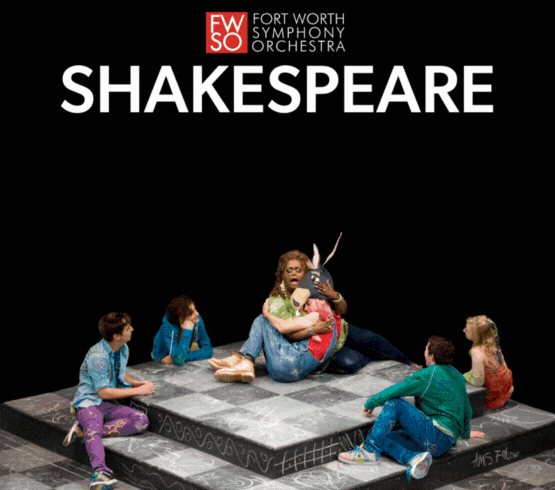Since 1969, Southern Methodist University has been offering performing arts degrees in theater, music, and dance through undergraduate tracks in the Meadows School of the Arts. But beginning in 2026, incoming students will have the option to enroll in a BFA program dedicated to musical theater. It’s all thanks to a $15 million gift from philanthropist and Broadway producer G. Marlyne Sexton, and the tireless research, foundation-building, and passion of the program’s inaugural director, Joel Ferrell.
“I got a call last spring from [Meadows Dean] Sam Holland when they announced Marlyne’s very generous gift,” Ferrell recalls. “I remember thinking, ‘I hope they’ll call me when they decide to search for the vibrant young leader they’ll need for this new program.’ I never thought it would be me!”
During the pandemic, Ferrell was pulled into a nine-month consultancy with Meadows to research what it would take to build a musical theater program. He interviewed roughly 100 faculty, former students, and colleagues from across the country, gathering feedback and making recommendations on what resources would be necessary for a course of study that reflects the diversity, inclusivity, and modern approach to musicals today.
“Most of the big musical theater college programs out there now were built 40-50 years ago,” Ferrell says. “Musical theater is expanding and changing and broadening; we can’t produce Golden Age shows with 40 people onstage anymore. We need to be intentionally looking toward what musical theater is going to be over the next 50 years.”

1 ⁄4
Joel Ferrell; photo courtesy of SMU Meadows School of the Arts.

2⁄4
Emily Garrett and cast in the SMU Meadows School of the Arts production of the musical adaptation of William Shakespeare’s Twelfth Night, directed by Tiana Kaye Blair. Photo by Kim Leeson for SMU Meadows School of the Arts.

3 ⁄4
Tharmella Nyahoza in the SMU Meadows School of the Arts production of the musical adaptation of William Shakespeare’s Twelfth Night, directed by Tiana Kaye Blair. Photo by Kim Leeson for SMU Meadows School of the Arts.

4 ⁄4
Ethan Taylor, Kendall Barnes and cast in the SMU Meadows School of the Arts production of the musical adaptation of William Shakespeare’s Twelfth Night, directed by Tiana Kaye Blair. Photo by Kim Leeson for SMU Meadows School of the Arts.
SMU is also known for its academic rigor, so Ferrell was adamant that “if you’re going to have a prestigious and well-respected university in the dead center of Dallas, you’ve got to shoot for big, bold, exciting ideas.” It’s an investment in the city, he says. Ferrell mentions that many of his New York colleagues love to work in Dallas, thanks to its reputation as a major metropolis where the arts are thriving. Plus, it’s only a short, three-hour flight away from the Big Apple.
“SMU students are in a sort of bubble,” he says. “It’s a very nice bubble, but the general public doesn’t seem to be aware of the incredible talent we’re producing. I want to produce musicals off-campus to increase visibility and teach students how to do site-specific work, how to tech a show quickly in a new space. That’s part of the education we’re going to offer.”
—LINDSEY WILSON





